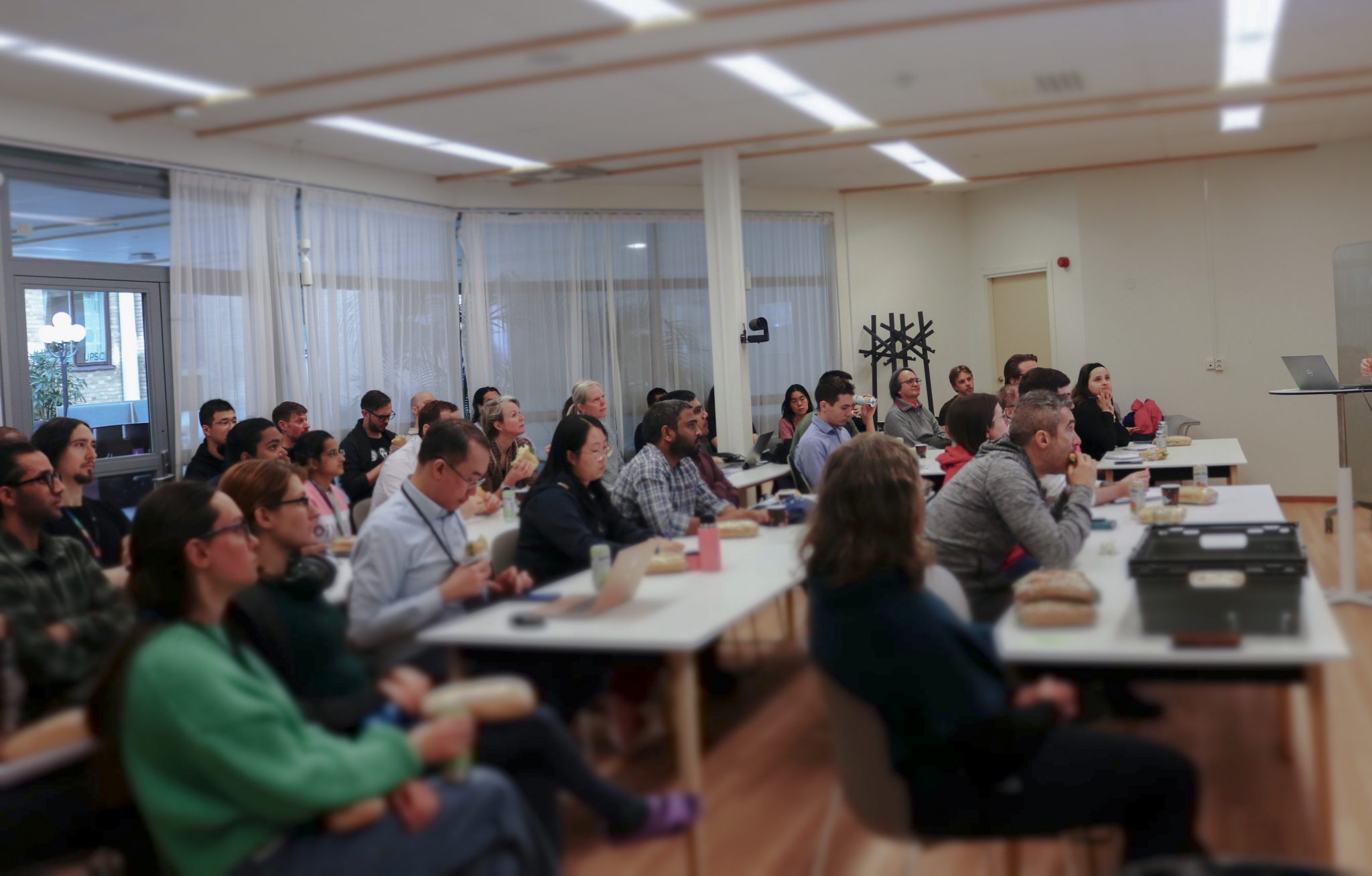[The Svedberg seminar]-Navigating Lipid Metabolism: From Basic Molecular Mechanisms to Cellular Symphony
April 7, 2025 @ 15:15 – 16:15 CEST
Aditi Das
Professor School of Chemistry and Biochemistry Georgia Institute of Technology, USA
Bio
Dr. Aditi Das is a Professor in the School of Chemistry and Biochemistry at Georgia Institute of Technology (Georgia Tech). Her research explores lipid biochemistry, enzymology, and drug metabolism, with a focus on bioactive metabolites and their roles in inflammation and neurodegenerative diseases. She earned her Ph.D. in chemistry from Princeton University, specializing in functional protein design, followed by postdoctoral research utilizing biophysical tools to study membrane proteins in Nanodiscs. Dr. Das has made significant contributions to understanding cytochrome P450 enzymes and their role in lipid oxidation, leading to advances in drug discovery and biomedical applications. Her work has been widely published in high-impact journals, and she has received numerous grants and awards. Her national accolades include the NIH R35 Outstanding Researcher Award, the E.L.R. Stokstad Award, and the Mary Swartz Rose Young Investigator Award from the American Society for Nutrition. Beyond her research, she serves on the Editorial Advisory Boards of Molecular Pharmacology and Frontiers in Pharmacology. Through her work, Dr. Das continues to advance the fields of lipid biochemistry and cannabinoid metabolism, translating fundamental science into real-world applications for human health.
Navigating Lipid Metabolism: From Basic Molecular Mechanisms to Cellular Symphony
Lipids are vital for cellular functions, acting as structural components, signaling molecules, and energy sources. Their metabolism, particularly through cytochrome P450s and other oxidizing enzymes, plays a key role in inflammation and disease. This study uses biochemical, analytical, and biophysical methods to examine the metabolism of endocannabinoids and cannabinoids by membrane-bound cytochrome P450s, stabilized in nanoscale lipid bilayers (Nanodiscs). The pharmacological properties of lipid metabolites are evaluated, focusing on their impact on inflammation and pain receptor modulation. The study also explores the metabolism of minor cannabinoids like cannabinol (CBN), cannabigerol (CBG), and cannabichromene (CBC), which provide medicinal benefits without THC’s psychoactive effects. Computational modeling helps further understand binding mechanisms, and in vitro studies confirm the bioactivity of these metabolites. This integrated approach enhances our understanding of lipid metabolism and cannabinoid pharmacology, supporting the development of therapeutic strategies for pain and inflammatory diseases.


